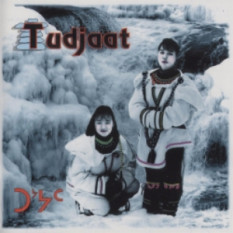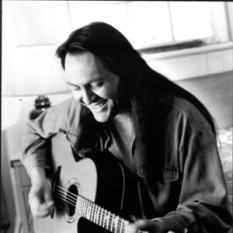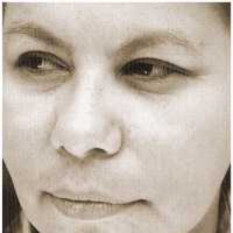Marlui Miranda's family always played music for pleasure. His mother, having never studied or played guitar, was the one who first tuned the instrument Marlui had won. At this time the family still lived in Fortaleza, where Marlui was born in 1949. When he was five years, moved to Rio de Janeiro, from where his father, an engineer, decided to face the challenge of helping to build Brasilia. It was 1959.
Marlui began studying guitar at the gym, in the midst of cultural effervescence. In the College of Architecture, she began to attend meetings which brought to Brasilia names like Jacob's Mandolin and Victor Assis Brazil. Instrumental music Marlui awakened a taste for composition. The song was hidden by shyness. Nevertheless, at 68 she won the 1st prize as a performer and songwriter in the University Student Festival of Brasilia. Marlui left university and went to Rio to live música.Começou willing to sing with Egberto Gismonti and through him met Taiguara, with whom he traveled throughout Brazil as a touring guitarist for the group with him.
In mid-70's Marlui began studying classical guitar with Jodacil Damascene and Saints Toribio. He began to sing and play guitar with Jards Macalé and had a song of his, "Airecillos," recorded by Ney on the LP "Bandit." Marlui also organized, along with the poet Xico Chaves, the "Open Circuit MPB" held at the Theatre Gil Vicente, Rio de Janeiro, and meeting new artists trying to beat those tough times of censorship and suffocation of 70 years.
After many shows like this, there was a great opportunity: Marlui Egberto was invited by his friend to join his group Dance Academy. There were more than two years of tours in Brazil, where presentations Marlui sang and played guitar, percussion and guitar.
In 78 he made his first trip to Rondônia and 79, launched by Continental recording their first LP, "Eye Water". Recorded and mixed in just one week, the album was greeted enthusiastically by critics. The new year was a marathon of shows in Brazil and a desire to deepen their understanding of indigenous music, a need for research and reflection. In 81, in company with her partner, photographer Mark Santilli, Marlui
left for a six-month trip down the river Guaporé, Mamore, New Pacas and others, all in Rondônia, on careful research and documentation habits and songs of Indians and rubber tappers, establishing a relationship of objectivity with the nature of the place. Noting the man's relationship with that environment, Marlui learned in practice to relate the local phenomena as part of a whole and also began to feel the need to preserve the musical repertoire of the people.
Back in Sao Paulo, where she had since 78, Marlui prepared, recorded and finally released in the 83 second LP "revival." Already in scheme independent, with his own company, "Disks and Memory Issues", "revival" was the result of this first contact with a Marlui Brazil generally forgotten and to his fate.
The second result of the wanderings of Marlui and Mark Santilli was the production of the LP "Paiter Merewá", with songs made and sung by the Surui Indians of Rondonia. This LP was released on 85 Marlui and before that was involved in the composition of soundtracks for the films "Jari" Jorge Bodanszki and "Moon People, People of Blood" by Claudio Andujar. At the end of 85 Marlui entered the studio to record "Up River" LP features songs that take us back again to a vast and unknown country called Brazil.
Marlui won a grant from the John Simon Guggenheim Memorial Foundation to further develop his project of rebuilding the indigenous music of the Brazilian Amazon. Before a commitment to work, it is the certainty of a continuation of pleasure and joy. After all, the only commitment Marlui Miranda's music is the quality. .
You can find information through the best music search engine - Muzlan.top 😊All materials on request "Marlui Miranda" are available on page Marlui Miranda
Yes of course. You can listen tracks on the page Marlui Miranda
Yes of course. You can download tracks on the page Marlui Miranda
This page is found by queries: Marlui Miranda song download, Marlui Miranda track minus, Marlui Miranda flac, Marlui Miranda free download, Marlui Miranda all mp3




